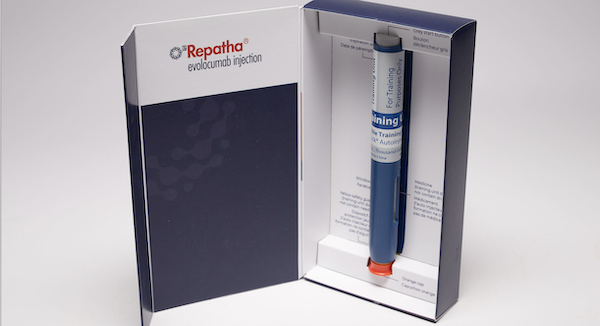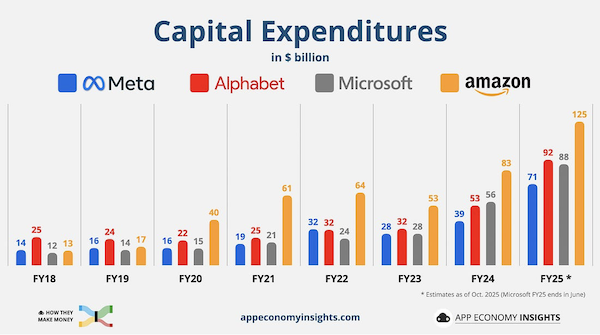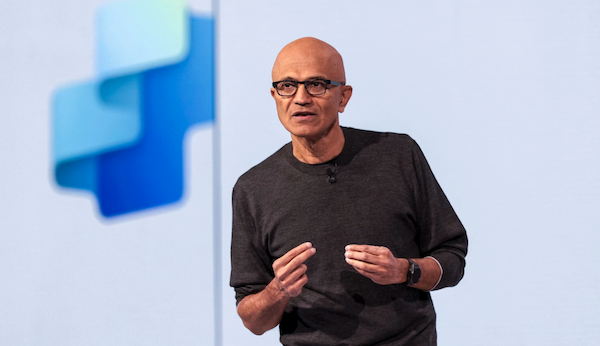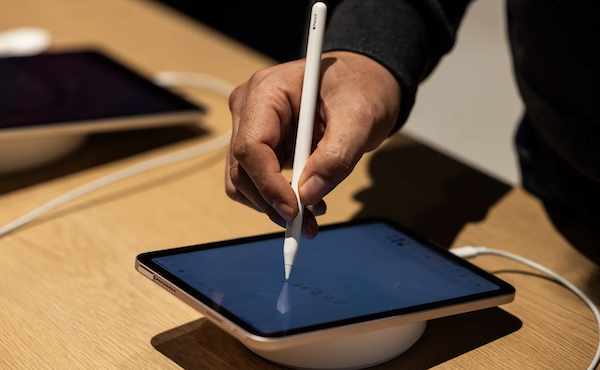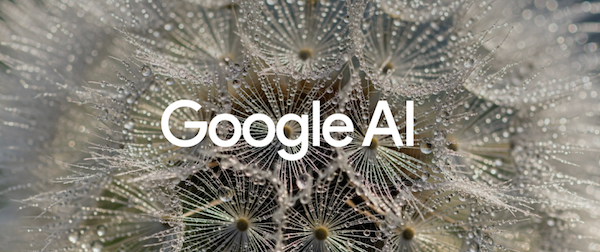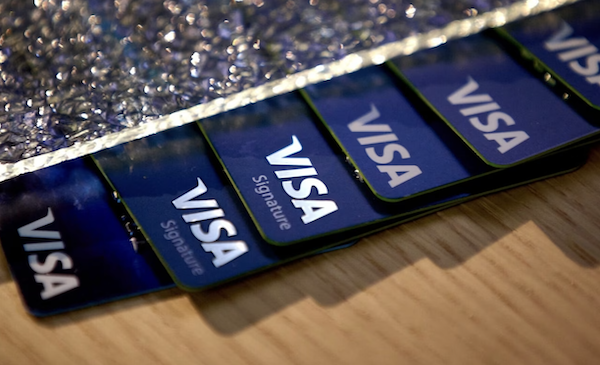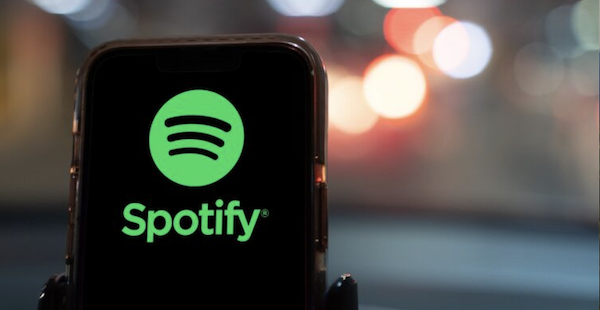
Spotify's latest quarter hit all the right notes. The streaming media company added users, grew revenue ahead of expectations, and proved that premium sound and clever product tweaks can still move the needle, even in a crowded market.
For the three months to September, Spotify's monthly active users jumped 11% to 713 million, beating guidance, while premium subscribers climbed 12% to 281 million. Revenue rose 7% to EUR4.27 billion ($4.9 billion), comfortably ahead of analysts' estimates. Net income more than tripled to EUR899 million, a big leap from the EUR300 million earned a year earlier.
The platform's growth wasn't just about more music streams. Spotify rolled out over 30 product updates, including lossless audio, playlist mixing tools, and messaging between users, while also linking up with ChatGPT for AI-driven music and podcast recommendations. These updates keep users engaged, and paying, even as rivals chase the same ears.
There's also a leadership remix ahead: Founder and CEO Daniel Ek will become executive chairman at year-end, handing the mic to co-presidents Gustav Soderstrom and Alex Norstrom, who'll serve as co-CEOs.
Spotify's shares are already up about 35% this year, suggesting the market likes the sound of a company finally turning volume into profit.

